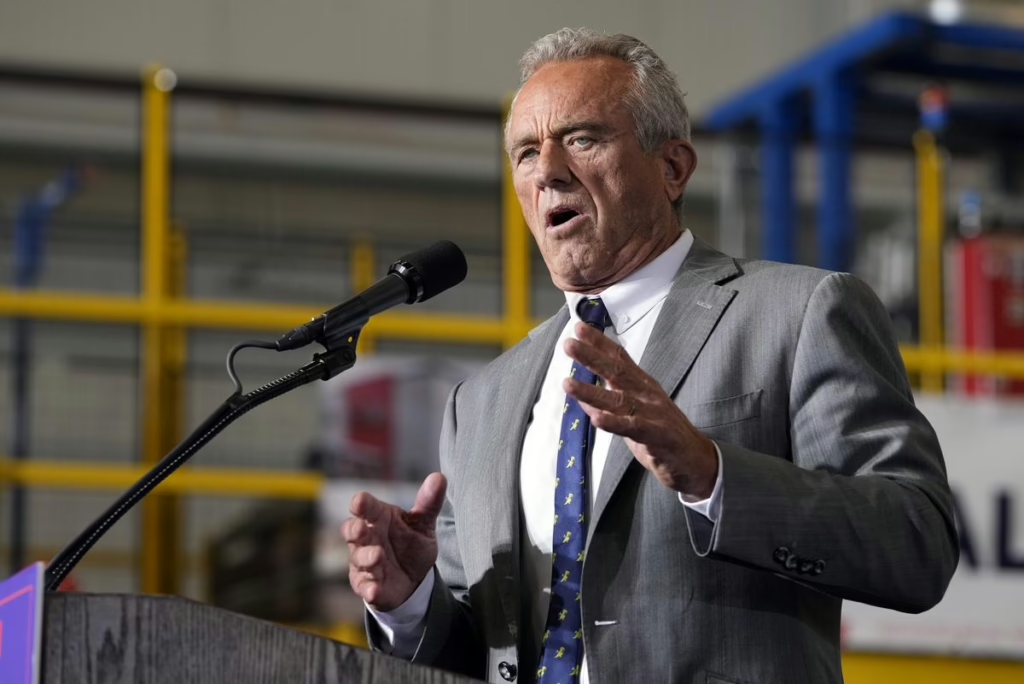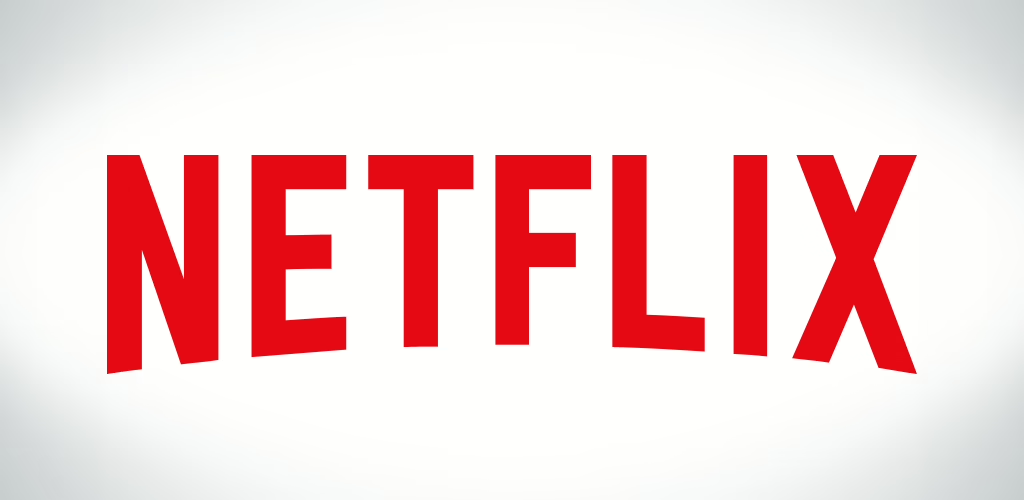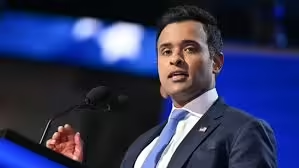
In a surprise move, President-elect Donald Trump has nominated Robert F. Kennedy Jr., a well-known anti-vaccine activist, to lead the U.S. Department of Health and Human Services (HHS). The announcement, made on Thursday, has raised concerns among public health officials who worry that Kennedy’s long-standing anti-vaccine views could undermine decades of progress in disease prevention and public health safety.
Kennedy’s Stance on Vaccines Raises Red Flags
Kennedy is perhaps best known for his outspoken opposition to vaccines, which he claims are unsafe and ineffective, despite overwhelming scientific evidence to the contrary. He has publicly repeated the debunked theory that vaccines can cause autism—a claim that has been thoroughly discredited by research and leading health organizations worldwide. His nomination to head the HHS raises concerns that his anti-vaccine stance could jeopardize the nation’s immunization efforts, which are credited with preventing millions of deaths globally each year.
Trump Defends Kennedy as a Champion of Health Reform
Trump, in his announcement, praised Kennedy as someone who will challenge the so-called “industrial food complex” and take on drug and chemical companies. He emphasized Kennedy’s promise to tackle rising chronic diseases like diabetes and obesity, which he attributes to processed foods and chemicals in the U.S. food supply. Kennedy’s focus on reshaping the nation’s approach to food and chemicals resonates with many parents and health-conscious individuals who share his concerns about the modern food industry.
Public Health Leaders Express Concerns About Vaccine Misinformation
Public health officials have voiced strong concerns about Kennedy’s approach to vaccine policy. Dr. Mandy Cohen, director of the Centers for Disease Control and Prevention (CDC), stated that she is worried the nomination could set back public health efforts, particularly with regard to vaccination campaigns. The CDC has long emphasized the critical importance of immunizations in preventing outbreaks of infectious diseases, and there is concern that Kennedy’s position could reduce public trust in vaccines, especially among parents and caregivers.
Kennedy’s Environmental and Food Safety Advocacy Gains Traction
In addition to his anti-vaccine views, Kennedy is a vocal critic of the environmental and health impacts of industrial agriculture, including the widespread use of chemicals like glyphosate-based herbicides. He has been a strong advocate for greater regulation of the food industry, including pushing for policies similar to those in Europe to reduce the use of harmful additives and promote healthier food choices. His stance on food safety and chemical regulation has found support among certain segments of the population, particularly health-conscious mothers and fitness influencers.
The Future of Public Health Under Kennedy’s Leadership
Kennedy’s nomination signals a potential shift in the direction of U.S. health policy. Trump has expressed confidence that Kennedy will bring bold changes to the Department of Health and Human Services, with plans to overhaul agencies like the CDC, NIH, and FDA. However, critics fear that Kennedy’s unconventional views on vaccines and public health could create significant challenges in maintaining trust in vital health services and undermining the government’s ability to protect the public from preventable diseases.
Kennedy and Trump’s Alliance Raises Eyebrows
Kennedy, the son of the late Robert F. Kennedy and nephew of President John F. Kennedy, had initially launched a challenge for the Democratic presidential nomination before dropping out and endorsing Trump. The two have since developed a close political relationship, with Kennedy campaigning for Trump in the final stretch of the 2024 election. Trump has made it clear that he intends to give Kennedy a major role in shaping U.S. health policy, further solidifying their political alliance.
Can Kennedy Lead HHS Amid Growing Public Health Concerns?
As Kennedy’s nomination moves forward, the key question remains whether he can effectively lead the Department of Health and Human Services without undermining critical health initiatives. Public health experts, scientific communities, and medical professionals are closely watching the confirmation process, uncertain about the long-term implications of having a vocal anti-vaccine advocate in charge of the nation’s health policy. The debate is sure to continue as Kennedy’s appointment moves closer to reality.


